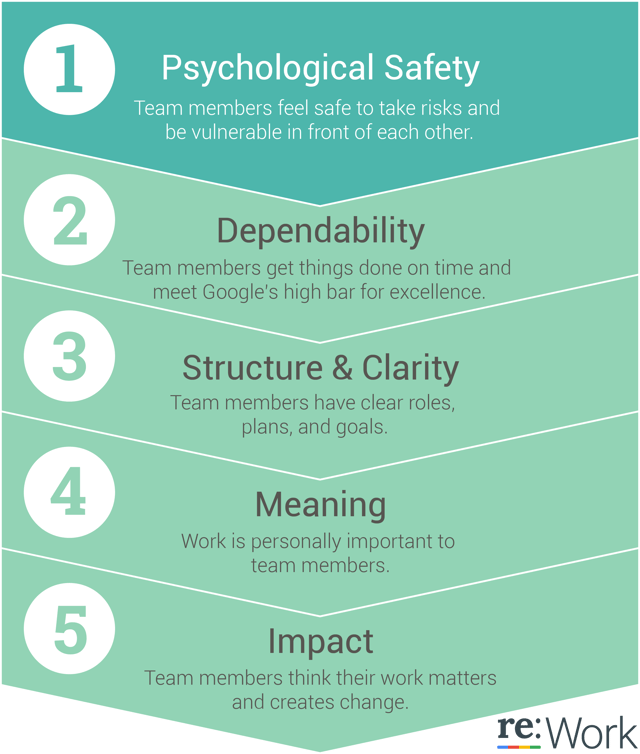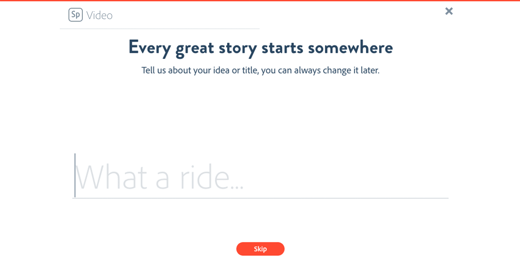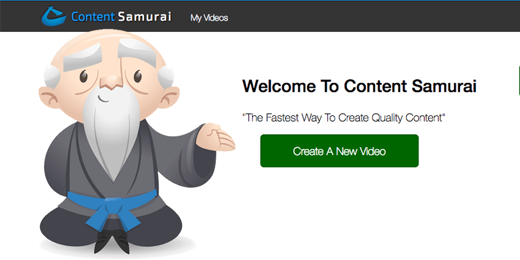Most of digital marketing success begins before you craft your first blog post or publish your first tweet. The most critical part is your team and the environment they work in.
At many companies, the digital marketing team is often a hodge podge of people acquired from various other departments over time. At smaller companies, it is often a single person tasked with doing all of social, while larger companies may have a small team of 3-5 dedicated members. Skills sets vary greatly, mixing digital natives with experienced marketers.
Common wisdom is that you need to hire the best people who are experts in their field. Their innate ability and knowledge will enable them to excel at their tasks, and a group of these high-caliber people will be even better at achieving their goals.
However, the research seems to indicate that this is entirely the wrong approach.
The Right Team
"Hire Character. Train Skill."
The right team is built one person at a time. Each new member has the ability to push the whole team up higher, adding new ideas, support, and energy. They can also pull the whole team down with a bad attitude or requiring that the team redo their work.
Hiring for character and attitude means that your team is likely to be able to adapt to new challenges, work together, and create synergistic learning. Hiring for character doesn't mean that you lower your hiring standards - you still want great people - but it shifts the focus from whether they have mastered SnapChat to whether they are self-starters and dependable. SnapChat mastery will come as it is needed.
In an article from a few year ago, Harvard Business Review highlighted 3 companies in 3 industries that have seen a significant benefits from this style of hiring.
- The Special Care Center in New Jersey, found that recruiting people who are positively focused works magic in the traditionally negative world of health care.
- ING Direct tries to hire people from outside the finance industry, such as jazz musicians or dancers, so that they don't have to unlearn their bad habits and bring new energy to the business.
- Southwest Airlines hires for the "warrior spirit", giving each potential hire a battery of character tests.
"We would rather take an eager, hungry, customer-oriented mind and mold it to what works well at Southwest, than try to change the habits of someone who’s come up through an organization that views life differently."- Sherry Phelps, People Department, Southwest Airlines
The Right Norms
"We were dead wrong. Who is on a team matters less than how the team members interact, structure their work, and view their contributions"
"Group norms" are the intangible ways that groups interact and what is considered acceptable behavior. Some examples of group norms are expressing feelings, taking responsibility, staying late, being on time. There are also group norms for who can break them and what the penalties for breaking them might be. Generally, these norms are implicit and learned through experience rather than education.
Over the course of 2 years and through over 200 interviews with 180+ teams, Google attempted to discover what made great teams great. They found that group norms could affect team performance more than any other factor.
Google identified 5 key norms that set successful teams apart:
 Source: Google ReWork
Source: Google ReWork
Psychological safety was the underpinning of the other 4 dynamics. It is easy to see how hiring for character and attitude can help build an environment where people feel safe taking risks. Dependability is also a function of character.
The last 3 dynamics are created by the team leader and the organization. The leader creates structure and helps provide direction. They ensure that their team is working on meaningful tasks to the business and that the team members are recognized for their impact. They shield and nurture, enabling their team to grow and innovate.
Takeaway
Every team and company has group norms. If your company hasn't created and nurtured them purposefully, then who can say what effects they are having on team performance.
The key to a great digital marketing team is to hire good people with exceptional character and place them into an environment where they can take risks safely and get things done. All the necessary skills will get picked up on the way.
Aug 8, 2017


